What is the F1 hybrid that appears now? Will F1 coffee be more adaptable to the environment?
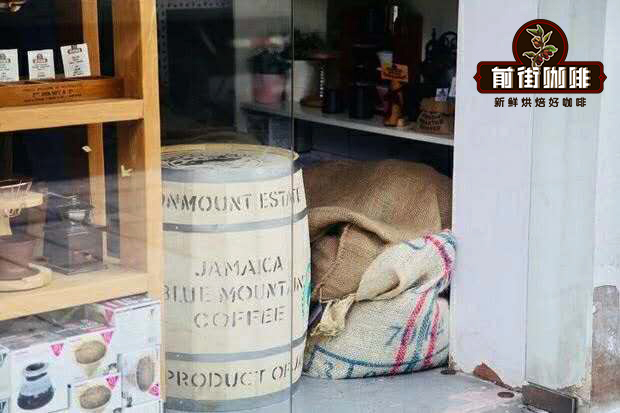
Professional coffee knowledge exchange more coffee bean information please follow the coffee workshop (Wechat official account cafe_style)
Changing weather patterns, pests, deforestation and rising temperatures are just some of the environmental factors that threaten global coffee production. It is estimated that by 2050, we may lose as much as 40% of our arable land to grow coffee, making today's coffee industry face unprecedented challenges.
One possible solution to these problems is to switch to new hybrids that provide flexibility without compromising quality. In the early 1990s, CIRAD began selecting F1 Arabica hybrids with different partners such as CATIE,PROMECAFE and ECOM. This work has led to the selection and dissemination of a variety of high-performance hybrid vehicles whose names have begun to become widely known, such as the H1murCentroamericanoPhone H3djStarmaya and Cassiopeia. Since 2017, CIRAD has been coordinating project 1 of BREEDCAFS (breeding coffee for agroforestry systems) Horizo n 2020, funded by the European Union.
The goal of BREEDCAFS is to develop new breeding strategies to create coffee varieties that can cope with environmental pressures related to climate change and are more suitable for agroforestry conditions. The agroforestry system brings benefits to growers, but many traditional coffee varieties are not suitable for growing in the shade.
To understand how these varieties benefit coffee production, I talked to BREEDCAFS researchers in France, Denmark, Vietnam, Cameroon and Nicaragua to discuss the advantages and challenges these varieties offer and their possible role in the future coffee industry.
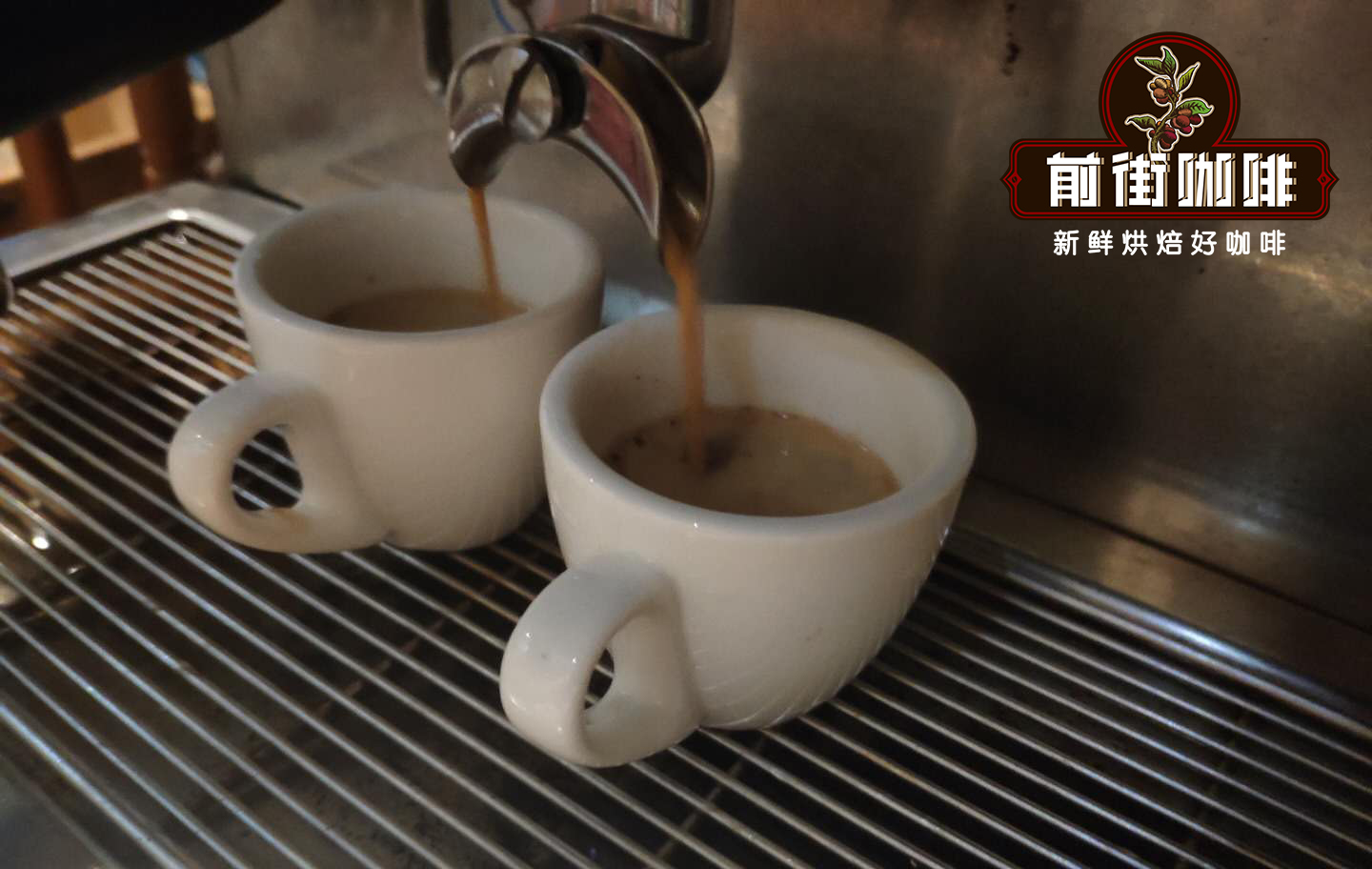
Why is there a mixed coffee variety?
The farther the genetic distance between two coffee parents, the worse their offspring will be, according to CIRAD's breeder pigeon Beno tBertrand. This is what scientists call a "hybrid". F1 hybrid is the first generation of progeny produced by the hybridization of two genetically different parent plants. The hybrids will have the characteristics of both parents, including better cup quality and disease resistance, better adaptation to climate change and higher yields-enabling them to adapt well to today's changing environmental conditions.
The French research centre CIRAD helps countries cope with agricultural problems and launched BREEDCAFS in 2017 to create a variety of sustainably produced coffee varieties. These varieties can solve the problem of decline in yield and quality. According to Herv é Etienne, a senior researcher at CIRAD and head of project cooperation, when the Arabian coffee factory suffers, its quality is also affected.
Mixed varieties improve productivity and elasticity
Coffee plants flourish when they grow in shade, but it is best to plant them in full sunlight because they produce 40% more than coffee plants under shade. However, F1 hybrids can grow and maintain high yield under agroforestry and sunny conditions. Elvis says that in his experience, the average yield of F1 hybrids is 40 per cent higher than that of conventional varieties grown in sunlight and agroforestry. The BREEDCAFS project aims to make use of this advantage of adapting to agroforestry conditions to select new shading hybrids.
Compared with traditional varieties, hybridization usually takes three years to experience, so it produces a high yield from the second year of cultivation and can also increase productivity. This enables producers to increase production capacity and productivity in a shorter period of time. In addition, the study showed that F1 hybrids were not easily affected by pressure environment and leaf rust.
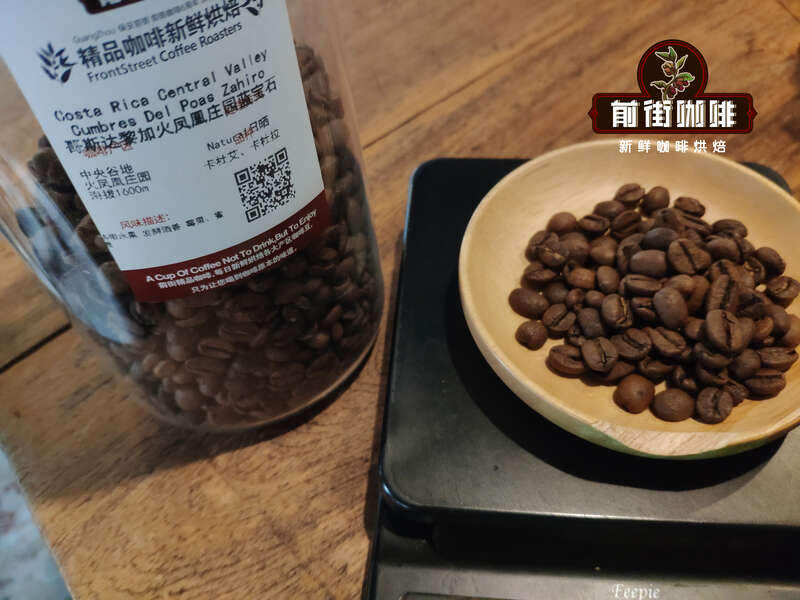
The hybrid produces high quality cup test.
Adverse growth conditions mean that many traditional Arabica coffee varieties have excellent cup quality and are unable to reach their full potential. However, the development of hybrids may provide a solution to this problem, which is why CIRAD researchers are developing hybrids with genes that make them highly resistant to stress, thus helping them produce better cups and adapt to harsh environments.
The quality potential of these F1 varieties has won many awards in the past Excellence Cup competitions. WCR agrees and points out that the cup quality of F1 varieties is very good or different-praise is usually awarded to exotic varieties such as Art exotic Coffee.
What is the current performance of F1 varieties?
Although the research is very important to understand the function of F1 varieties, it also needs to be monitored under actual conditions. BREEDCAFS partners are testing hybrids in Nicaragua, Costa Rica, Cameroon and Vietnam and are working with national and local organizations to ensure the sustainability of the project.
Pierre Marraccini is a researcher and molecular physiologist at CIRAD. He said it was important to test the driving conditions of hybrid vehicles under different conditions and to be affected by different soil types, weather conditions and human impacts.
This will test how F1 varieties adapt to different environments, which may affect the extent to which F1 varieties are accepted by farmers around the world. "through our field research in farmland demonstration areas, we are comparing their responses to new hybrids with those of old varieties," Pierre said. "
Although these efforts show that F1 hybrids can replace traditional varieties, less than 5% of the farms sown in Central America for 20 years continue to grow. There are barriers to adoption, which relate to accessibility and acceptance by agricultural communities and the coffee industry.
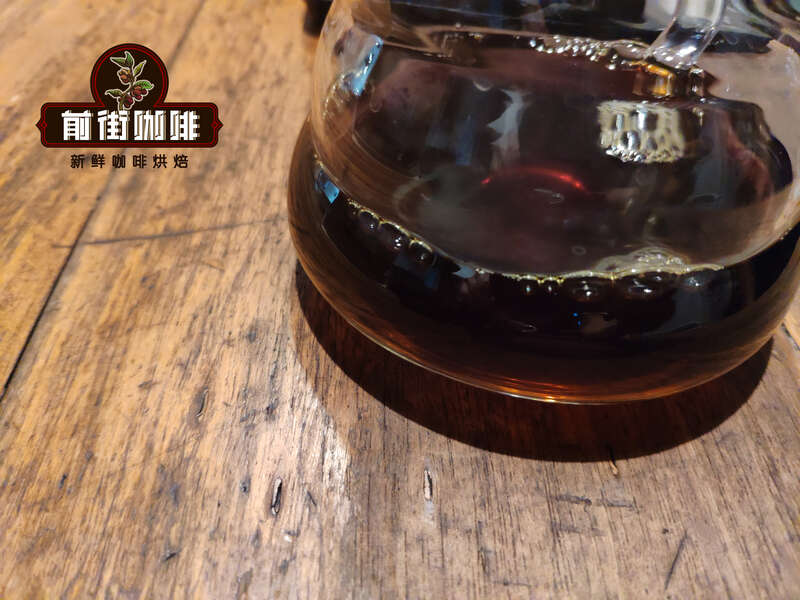
Overcome accessibility barriers
Although much of the work involving mixed multiplication is done in the laboratory, setting up a laboratory in each coffee-producing country can be challenging and costly, and many producers cannot do it.
As a result, Herv é 's team learned how to breed hybrids without a laboratory, but instead adapted their practices to local technology and infrastructure to develop an economical and easy-to-replicate mini-cutting nursery method. CIRAD works with research institutions in each country to ensure that they have full autonomy in crossbreeding, whether through laboratory methods (such as somatic embryogenesis) or horticultural methods (such as small incisions). The aim is to increase the reproductive potential of hybrid vehicles, reduce costs and limit transportation problems by increasing accessibility.
Many cooperatives companies and associations managed by women are involved as women producers and workers often do not have access to technological progress. Melanie Bordeaux (Melanie Bordeaux) is the scientific director of the Niaga Franci Foundation in Nicaragua. She said that any innovation that makes F1 hybrids available to smallholder producers and women in coffee growing communities is important because "technological innovation in coffee varieties has become the exclusive benefit of large and medium-sized producers. This is mainly due to production costs and replication technology. Controlled by professional companies with high operating costs. This reality makes factories more expensive, which in turn limits the access of small producers. "
She added that the democratization of mixed reproduction technologies had helped smallholder women producers and / or their wives to reduce their production costs, making it easier for them to renovate farms and promote agroforestry.
More and more social recognition
In order for hybrids to be adopted by producers, it is important to understand their lives and farming methods. Aske Skovmand Bosselmann is an associate professor at the School of Science at the University of Copenhagen and is in charge of the BREEDCAFS Farmer Survey Project. He says it is important to supplement the scientific findings of their controlled experiments with the experience and insights gained by farmers using new coffee hybrids.
A survey of farmers can provide key information about the size of their farms, their diversity, farming techniques (including the availability of shade trees), access to resources (funding, investment, training, etc.) and surrounding ecosystems.
Gwendoline Naah, a social economist at IRAD, Cameroon, who manages the farmer survey, says it helps to "identify constraints facing producers" and "understand farmers".
The reports created by BREEDCAFS from these surveys can guide producers in making decisions. For example, it can show producers that by planting shade trees, they can earn extra income by harvesting fruit or wood, while also helping to protect their coffee plants.
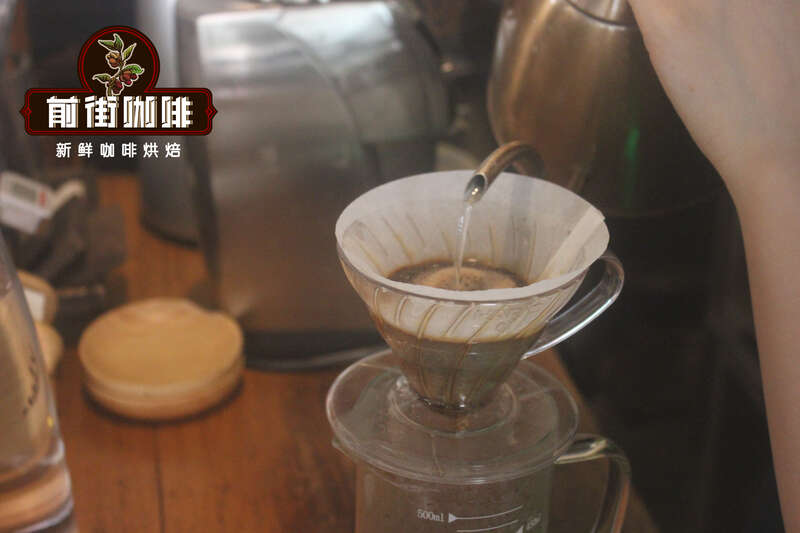
Increased demand in supply chain
Understanding the factors that prevent each supply chain member from buying and selling hybrids can help researchers identify the source of misinformation so that they can solve the problem at source and encourage hybrid vehicles to accept it.
This is important because it is not enough to give mixed education to producers or to help them use it. Unless there is a market for these coffees, producers will not be able to sell them and will eventually lose interest in growing coffee. This is why it is also important to involve traders and bakers in mixed research.
In order to increase the popularity of F1 varieties in the market, every member of the coffee supply chain needs to understand their nature and what they offer. BREEDCAFS has created a dialogue platform in each country to encourage supply chain members to share their views on F1 varieties. They found that most people did not see the demand and potential of F1 varieties. "these dialogue platforms represent privileged moments of communication among supply chain participants," Elvis said. "
For more boutique coffee beans, please add private Qianjie coffee on Wechat. WeChat account: kaixinguoguo0925
Important Notice :
前街咖啡 FrontStreet Coffee has moved to new addredd:
FrontStreet Coffee Address: 315,Donghua East Road,GuangZhou
Tel:020 38364473
- Prev
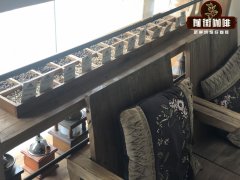
Flavor characteristics of Coffee beans in Cymbidium area of Colombia
When choosing a new rations bean, Qianjie Coffee will select the beans from each major producing area that are most representative of the original local flavor, and then introduce them to you in a small package of 100g. Qianjie hopes that every coffee lover can drink the basic flavor of a coffee producing area at the most favorable price. Many beginners of coffee don't know what flavor they are suitable for.
- Next
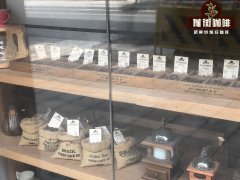
Indonesian boutique coffee how to brew Lindong Manning coffee with mellow taste in Lindong producing area
Professional coffee knowledge exchange more coffee bean information Please follow the coffee workshop (Wechat official account cafe_style) I believe that many coffee lovers know Qianjie coffee because they buy coffee beans online and see 9.9 food rations and bean discounts with the mentality of having a try anyway, thus recognizing the freshly roasted coffee beans in Qianjie. Qianjie coffee rations beans are coffee beans in major producing areas.
Related
- Beginners will see the "Coffee pull flower" guide!
- What is the difference between ice blog purified milk and ordinary milk coffee?
- Why is the Philippines the largest producer of crops in Liberia?
- For coffee extraction, should the fine powder be retained?
- How does extracted espresso fill pressed powder? How much strength does it take to press the powder?
- How to make jasmine cold extract coffee? Is the jasmine + latte good?
- Will this little toy really make the coffee taste better? How does Lily Drip affect coffee extraction?
- Will the action of slapping the filter cup also affect coffee extraction?
- What's the difference between powder-to-water ratio and powder-to-liquid ratio?
- What is the Ethiopian local species? What does it have to do with Heirloom native species?

